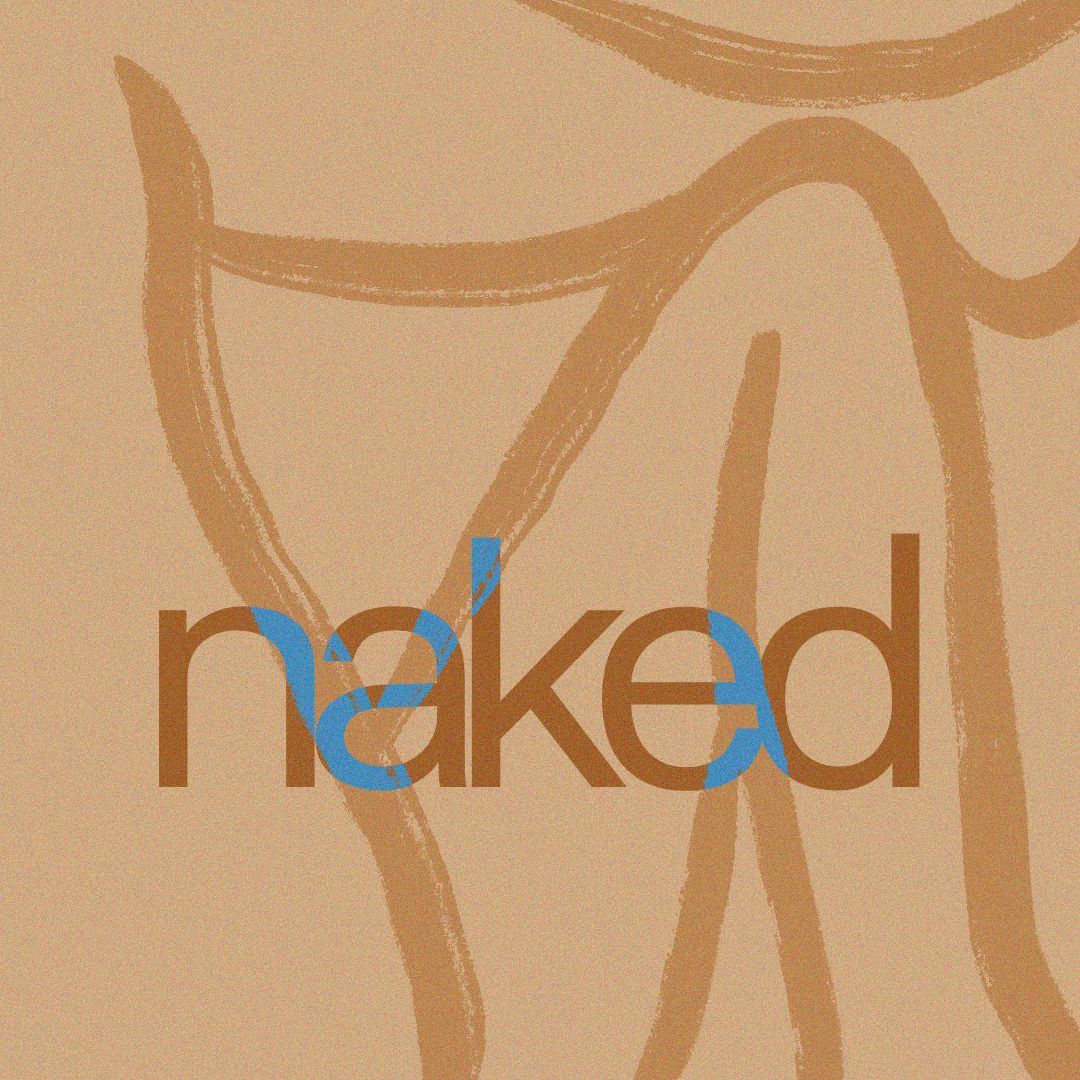Words: Liberty Holmes (She/Her)
When I was 13 years old, my school invited a counsellor in one morning for a presentation on unhealthy relationships for P.S.E. class. I knew I wouldn’t get much out of it, being single all my life and deep in an unrequited crush that wasn’t going anywhere. But as the counsellor reassured us that it wasn’t normal to feel like you were walking on eggshells or that you alone were responsible for your partner’s happiness, it dawned on me that this was awfully similar to how I was feeling about my best friend. We had hit a turbulent point. After many quarrels, on the days that she was absent I no longer felt disappointed but oddly relieved. Free even. I could chat to my other classmates without guilt hanging over me or accusations of abandonment. There was little holding our friendship together. No trust, poor communication. She said it during an argument later that day; that I would be nothing without her and she would be nobody without me. I would never find another friend who would appreciate me like she did. After the end of that friendship, it took a long time to wriggle out of that codependency and to rediscover my identity. I sometimes wonder how similar the process was for her.
Now, these experiences are a subject of humour on Instagram and casual jokes within healthier friendships. The realisation that many others had also gone through similar hurt and humiliation surprised me, considering how isolating the experience was, and would have brought plenty of reassurance to my preteen self. Years ago, it remained a personal failure which I hid away in shame. This was a friendship we promised ourselves, promised each other would last forever. What defines a friendship like that? Almost everyone describes this best friend as one that they cut out of their lives over an argument or at the pinnacle of some dramatic moment. The connection was too important, too significant to simply fade away. The bond shared had an edge to it that was beyond simply platonic. Some of my friends have compared their preteen best friend to the toxic or jealous relationships they had as older teenagers, not because of similarities between their actions, but the related sense of unhealthy codependency. The childhood best friend suggested that the very backbone of a bond this close was the concept of a single irreplaceable other.
These relationships were built on fidelity.
This is a quality that many later prioritise when we fall in love. To choose each other and then declare that choice to the people around us. Dedication is fundamental to this connection: if it is not mutual, the partnership would fall apart. Surely this was also the case growing up, through matching friendship bracelets and words of affirmation cementing we were best friends forever? Rather than two individuals, our classmates saw a single, shared identity due to us always being seen sitting together at lunch or walking home after school.
I realise now, as a student technically starting my independent adult life, that these friendships represented the vulnerable transition from childhood to adulthood. Back then, as young girls, we were not only navigating turbulent friendships and first relationships but answers to our emerging sexuality as well. While not an experience exclusive to the queer community, the ways we dedicate ourselves to our childhood best friends and what we learned through our experiences shape our desires and fears of romantic relationships, regardless of our partner’s gender. No matter how silly it may seem, perhaps you have a painful memory of a betrayal from this supposed best friend. It could have been spilling a deeply personal or embarrassing secret. Or the worthlessness you felt when the high school social hierarchy got too much, and she realised that what others thought of her (and of you) mattered more than your friendship. Was this the breaking point or did you stay together longer out of fear that she might retaliate if you tried to leave? Those fears manifest themselves now through our imagined worst-case scenarios.
The confusing messages taught to girls about relationships didn’t help either. Many of us found ourselves weeping, sat across from a teacher insisting that the real reason that boy in our class wouldn’t stop pestering us was because we were his crush. This harmful message that boys’ behaviour – whether it is hurtful or positive – is always motivated by desire, is not the same explanation used if our perpetrator happened to be another girl. Heterosexual romance is brought up at any opportunity, yet an emotionally intimate relationship between girls is emphasised as the very definition of best friends. This exposes the paradox that the closer the two are, the more platonic the relationship is. Within children’s and young adult media, a girl’s support for a boy is always driven by love, yet for another girl it is always out of friendship: the power of friendship, as echoed in many TV shows. Love is not defined by the emotion felt but by who it is for.
My experience with my childhood best friend taught me that healthy vulnerability shouldn’t feel like a risky double-or-nothing. I used to believe that if people want a relationship (or even close friendship), they either keep their independence as the safe option or make that decision to hand over full control of their self-image to someone else. Rather than fearing the happiness I might lose, I now try to consider the insight and fulfilment I could gain. Regardless of if you are seeking, currently have, or healing from a partner today, an important stage of growth is acknowledging the past. It’s easy to dismiss this sort of experience as insignificant: it may not have been romantic, but the relationship we had with our childhood best friends provides so much surprising insight into our adult views of emotional intimacy.

